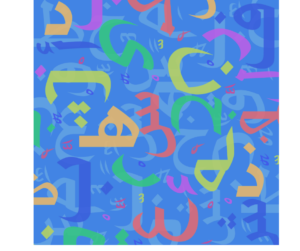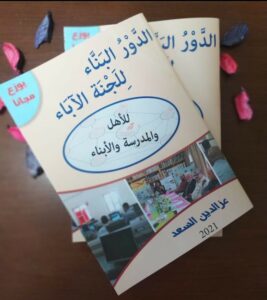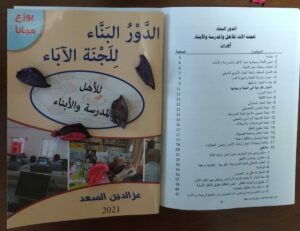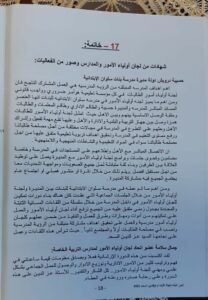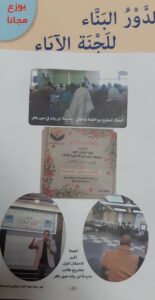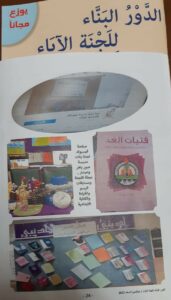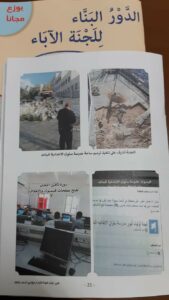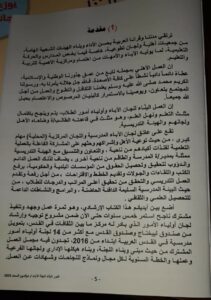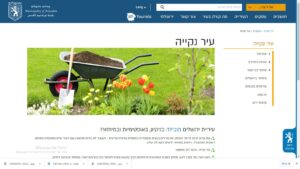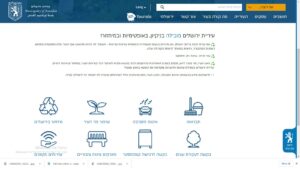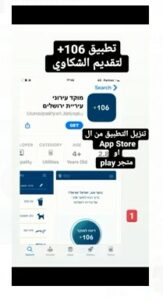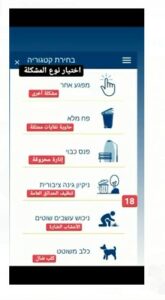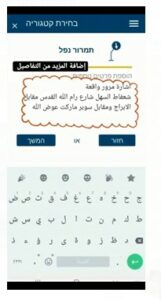Even in Lockdown, We Continue to Learn Arabic – JICC Arabic Classes Featured in Jerusalem Post Article
This year, Arabic classes were held as they have been over the past 15 years, but this year, they’re taking place online.
The year began on September 6, with 174 students studying in 15 groups over 5 levels, with a maximum of 12 students per group.
One of our students, Linda Gradstein, is also a veteran reporter in Israel and throughout the Middle East. She recently wrote about the surge in Arabic study for the Jerusalem Report, which was published on the Jerusalem Post web site. You can read the entire article here. Here are selected parts:
The Jerusalem Intercultural Center, which runs the Arabic language center, has more than 200 students annually, although this year it is closer than 170, as some students said they didn’t want to learn on Zoom.
The center’s director, Hagai Agmon Snir, says that the population studying Arabic at the center has changed significantly.“Years ago we assumed that most people studying here were from the left,” he says. “Now we have as many people from the right and we even have a few settlers who learn with us.”Snir says that there are sometimes political arguments in class, which is fine with him as long as the arguments take place in Arabic.He says that the reason that most people study Arabic has also changed – a change he welcomes.“Until ten years ago people learned Arabic because of ideology,” he says. “Now most people who learn it do it because they need the language either for work or volunteering. Arabic is hard, and that is a better motivation.”
The article features not only JICC Director Dr. Hagai Agmon-Snir, but also Dr. Michal Schuster, a long-time lecturer in cultural competency for the JICC, and also a student of Arabic:
For some students, it is specifically violent Palestinian attacks that pushed them to intensify their study of Arabic.Michal Shuster, who teaches community interpreting at Bar Ilan University, has always had many Arabic speaking students. She used Arabic during her army service, but hadn’t taken an Arabic class in many years.But in 2015, when lone wolf Palestinians began attacking Israelis, she decided to start speaking more Arabic to friends and colleagues as a way to bridge the mutual fear that Arabs and Jews felt during that time.“Palestinian friends said they were afraid to speak Arabic in the street,” she says. “My response was to start speaking Arabic with friends and colleagues, even if I make mistakes. I wanted to dome kind of trust-building measure using the language to connect. I decided to take the Arabic out of my head and I waited for the opportunity to start learning again.”This year, with the classes of the Jerusalem Intercultural Center on Zoom, she joined an Arabic class. She said many Arabs are surprised when she approaches them or answers them in Arabic. She said there is an Arab restaurant in the Galilee that she often stops in. A few months ago, she said she was able to have a “real” conversation with them in Arabic, and the owners encouraged her to keep studying Arabic.“It is such a shame that not many Jewish Israelis speak Arabic,” Shuster says. “It shouldn’t be so exceptional but it still is.”
Thank you Linda, for the wonderful and interesting article. Hope we can all meet in class soon!
Interestingly, while of course the regular in-person meetings are missed, many are telling us that there are advantages to remote learning. Since the classes are recorded, they can review the material learned in class by re-playing the class itself. Not to mention the savings in travel time, parking and gasoline.
Many thanks to the Jerusalem Foundation for its support of the Language Center almost since its inception.

